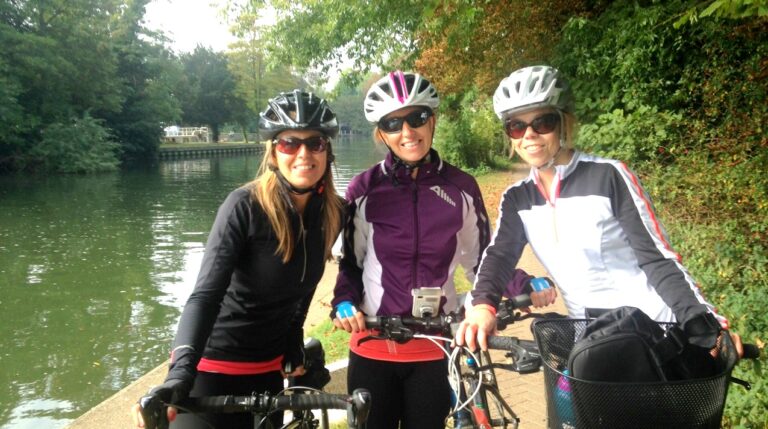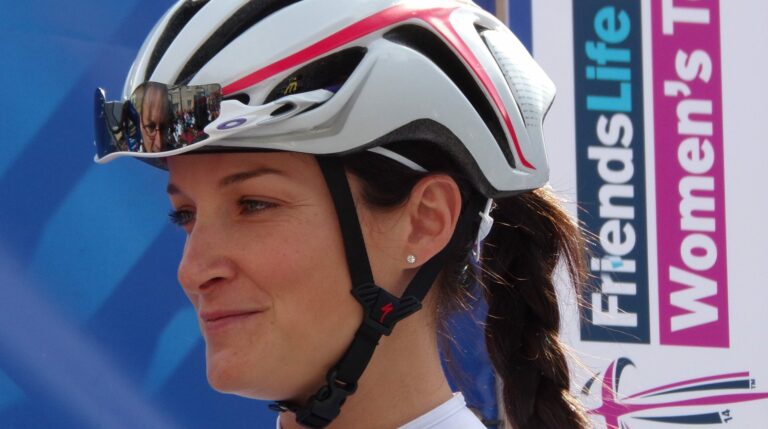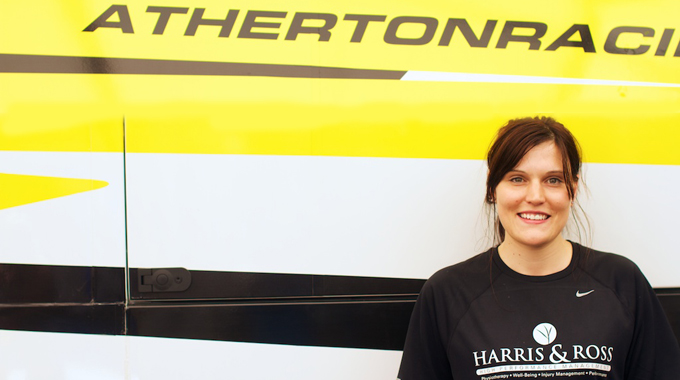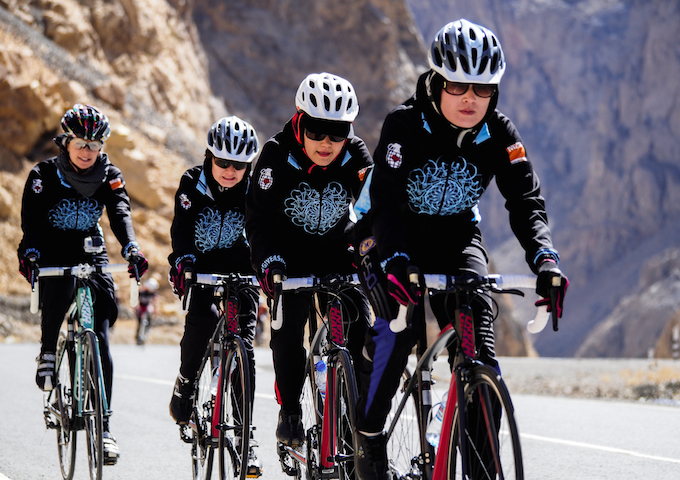
A couple of years ago we covered the incredible story of the Afghan Women’s Cycle Team: an inspiring group of young women that take to the streets of Kabul in the early hours of the morning to train, despite the fact that many of their countrymen believe what they’re doing is immoral.
Shannon Galpin is the head of a small charity called Mountain2Mountain, and she has been using her bicycle as a means by which to draw attention to women’s rights issues in Afghanistan since 2009.
In 2012 Shannon stumbled across the men’s Afghan cycling team in Kabul. Soon, their coach revealed that there was also a women’s team, pedalling across the city during the pre-dawn hours. Almost immediately, Shannon made a commitment to the girls that her charity would fund the team and help them train as much as possible.
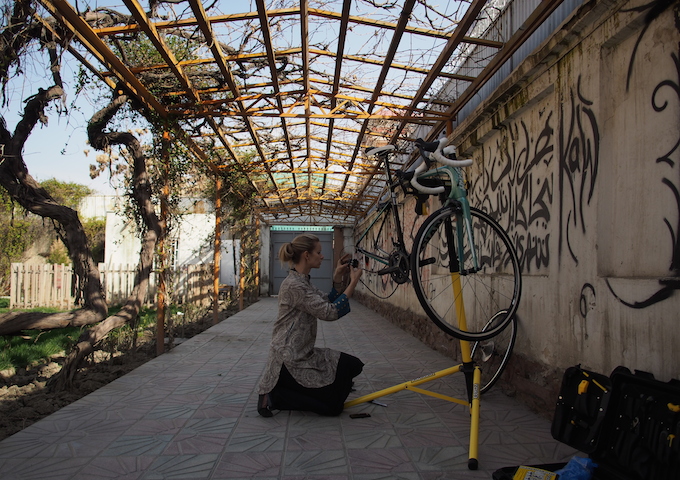
We wanted to speak to Shannon once again because there’s been renewed interest in her work, and an increase in momentum behind the team. She’s written an intensely personal book about her own experience of gender violence, and how it impacted her decision to first go to Afghanistan (you can buy the ebook here). She’s also an integral part of an upcoming film, Afghan Cycles, that will tell the story of the girls.
Finally, the team have dreams of the Olympics. “They have a shot if they get a wild card invite,” says Shannon, “or if we can get a couple of the girls to ride and race in the US or Europe for two to three years to develop their skills and compete in sanctioned races so they can get the points needed to take part. It’s a long shot, but one worth pursuing.”
We called Shannon at her home in Colorado, to ask her more about the team and their story.

